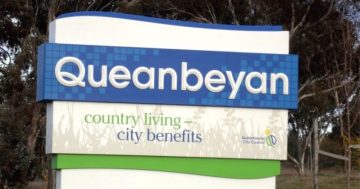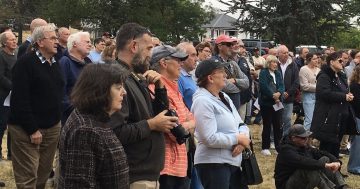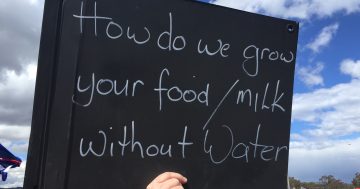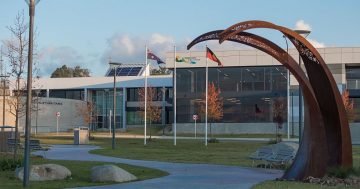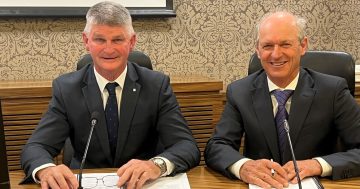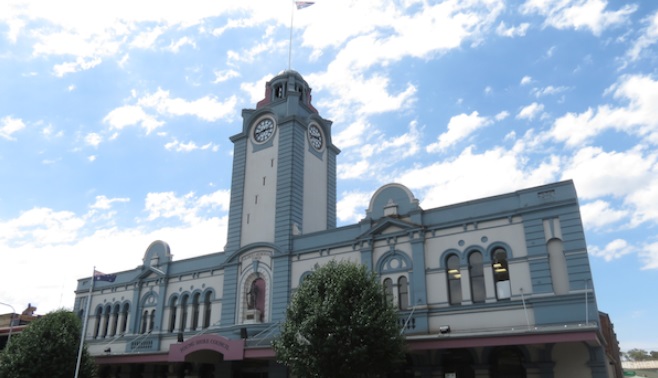
A record low rate cap is putting added pressure on already struggling councils, including Hilltops. Photo: Edwina Mason.
A decision to cap next financial year’s rate rises at the lowest level in 20 years has been described as a “devastating blow” to local councils in regional NSW.
The Independent Pricing and Regulatory Tribunal (IPART) has set the rate cap at a baseline of 0.7 per cent – less than half the previous lowest cap of 1.5 per cent.
Tribunal Chair Carmel Donnelly said, in setting the rate peg for 2022-23, IPART had used a new methodology that recognised that some councils face higher costs from growing populations.
“We have developed a way of incorporating population growth into the rate peg that balances the need to ensure councils are financially sustainable while protecting ratepayers from excessive rate rises,” said Ms Donnelly.
“The methodology we have used will ensure councils maintain the average amount of money collected per person as their population grows. This will enable councils to provide services to their growing communities.”
However Local Government NSW President Darriea Turley said the rate cap put the financial sustainability of councils across NSW in jeopardy, and was a “kick in the guts” to councils already struggling to recover from droughts, bushfires, floods and the pandemic.
“Councils are often the major employer in our regions and rural areas, so the financial sustainability of the council and the economic health of our towns are inextricably linked,” said Ms Turley.
“The last thing we want to do as we emerge from the pandemic is to send our regional and rural communities into a death spiral from which they cannot recover.
“The only other way to make up the shortfall which will be the direct result of this rate cap is to spend less on local roads, parks, pools, libraries and other community services on which our regional and rural communities depend.”
The formula adopted by IPART would lead to councils being granted a rise of between 0.7 per cent and five per cent, depending on population growth in their LGA.
Ms Turley estimated 78 of the 128 NSW councils would receive the baseline 0.7 per cent rise, as their level of growth would not meet the necessary criteria for anything additional.
One of those 78 councils is Hilltops Council, which already has documented concerns about its financial sustainability.
Hilltops Council General Manager Anthony O’Reilly said the rate rise failed to meet even the wage increase council staff are entitled to, creating genuine concerns about how they will move forward.
“Most councils had budgeted for at least two per cent or 2.5 per cent,” Mr O’Reilly said. “Also staff are entitled to a wage increase under the Local Government award of two per cent guaranteed – 0.7 per cent is obviously not that and staff costs are roughly a third of council’s costs, so you have to factor that in.
“For Hilltops, it just adds to the urgency of what was resolved at the 27 October meeting this year, where following the Local Government elections we are to immediately commence discussions regarding the consideration of a special rate variation to be enacted in the 2024 financial year.
“That was a position we were already in.”
General Manager at Goulburn-Mulwaree Council Warwick Bennett said IPART’s determination has “severe financial implications for councils” that would lead to forced cuts to services and infrastructure expenditure.
“Communities rightly demand improved services, however, this decision means we will actually need to reduce services to be able to operate within our income,” said Mr Bennett.
“Wage increases as set through the Local Government Award, and the impact of rising inflation mean councils such as Goulburn-Mulwaree will struggle to deliver the same services at a high level, let alone increase them.”






